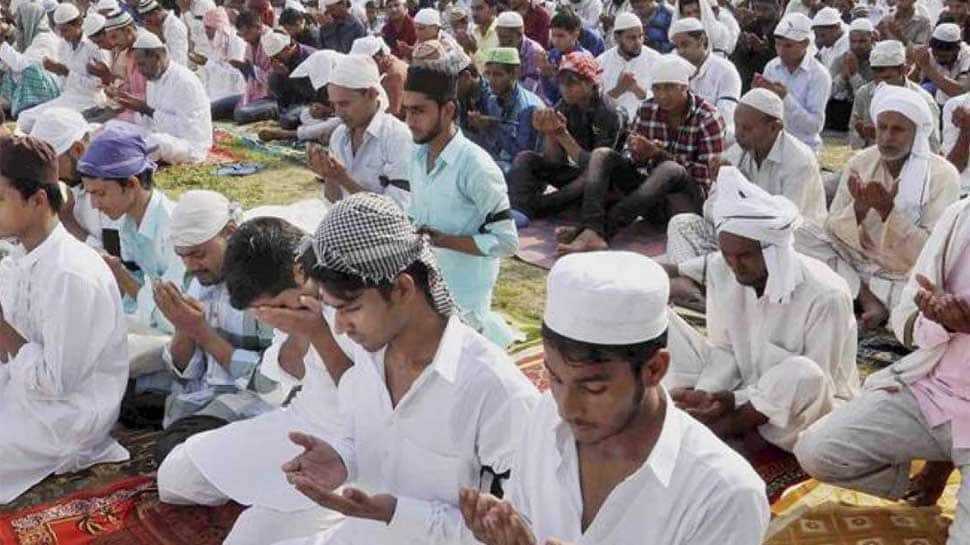NEW DELHI: In what is likely to have far-reaching consequences, the Supreme Court is expected to decide on Thursday whether a mosque is integral to Islam.
According to ANI, a top court bench led by Chief Justice of India Dipak Misra will decide whether a mosque is an essential part of the practice of Islam and is needed for congregation and prayer.
The verdict is significant as it is likely to impact the Ramjnamabhumi-Babri Masjid title dispute case.
The top court verdict is being seen in the light of much-awaited top court verdict on petitions favouring the construction of a Ram Temple at Ayodhya.
Interestingly, it would also be one of the last verdicts to be delivered by CJI Misra before he demits office.
The top court had in 1994 said that 'namaz' could be offered anywhere and that a mosque was not necessary for this. It also ruled that the government could, therefore, if needed, acquire the land that a mosque is built on.
The 1994 ruling of the top court was challenged by the Muslim outfits, which claimed that it was unfair to them.
Importantly, the top court is also due to deliver its verdict on the plea by Muslim litigants seeking direction that a larger Constitution bench take up the batch of petitions challenging the 2010 Allahabad High Court verdict which ordered splitting the disputed site at Ayodhya in Uttar Pradesh into three parts.
The bench of Chief Justice Dipak Misra, Justice Ashok Bhushan and Justice S Abdul Nazeer had on July 20 reserved the verdict on the plea by the Muslim litigants seeking reconsideration of the part of 1994 top court judgement which had said that "mosque was not essential to Islam for offering namaz".
In its September 30, 2010, verdict, the Lucknow bench of the Allahabad High Court had ordered that the disputed site be divided into three parts - one for deity (Ramlala Virajmaan), another for Nirmohi Akhara - a Hindu sect - and third to the original litigant in the case for the Muslims.
The Uttar Pradesh government, which is not a party in the title suit, had questioned the Muslim litigants in the Ramjanmabhoomi-Babri Masjid title suit case for making "belated efforts" seeking a relook at the 1994 Ismail Farooqui judgement that had said that mosques were not an integral part of the religious practice of offering prayers.
The State government had said that the Muslim parties did not question the legality of the 1994 judgement till the appeal against 2010 Allahabad High Court judgement on the ownership of the disputed land was taken up for hearing by the top court.
During the course of the hearing, Justice Bhushan had observed that nobody was questioning that mosque is essential to Islam, but the question is whether offering 'namaz' in a mosque was essential.
The Hindu parties said that reference to 1994 judgement in the hearing of the title suit in no way impacted the 2010 High Court judgement.
The court was told that the birthplace of Lord Ram cannot be shifted to another site, while a mosque with no particular religious significance to the Muslims can be shifted as that will "not affect the right to practice religion by offering 'namaz' in other mosques".
(With Agency Inputs)

















